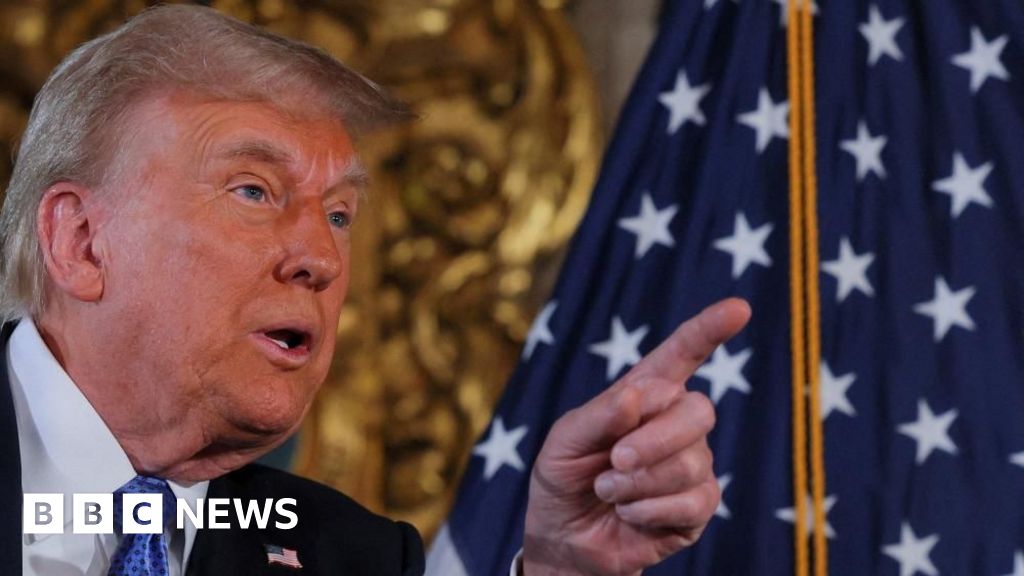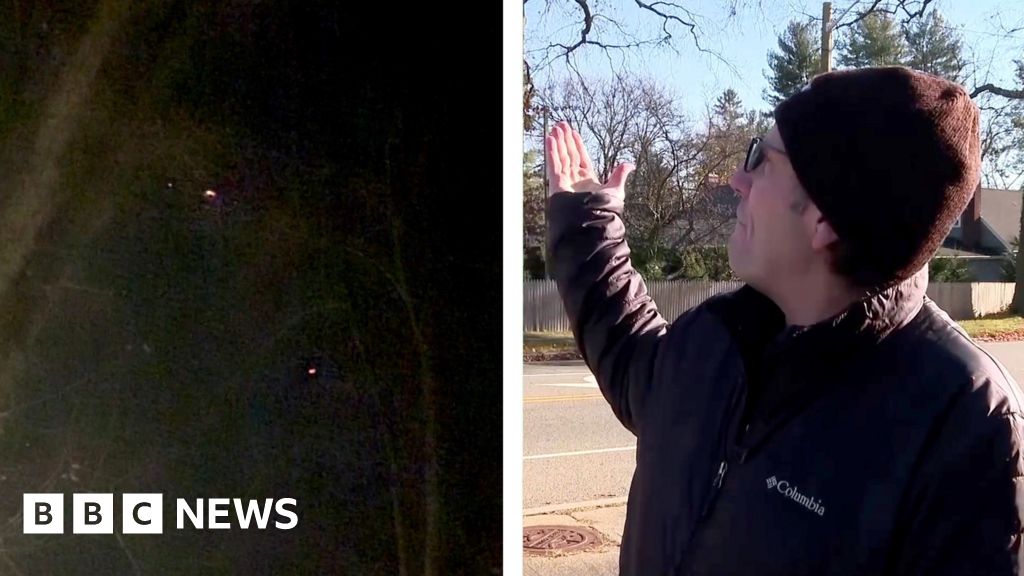ARTICLE AD BOX
image source, Corbis via Getty Images
image caption, In early California, many Chinese immigrants were employed to do some of the toughest work, including building railroadsWhen Young Soong Quong first arrived San Jose, California in the late 19th century, the Chinese teenager stocked shelves at his uncle's shop in the city's vibrant Chinatown, where thousands of Chinese immigrants worked back-breaking, low-wage jobs to send money back home.
Young was later hired as a domestic worker by a white family living outside of Chinatown. Whenever he returned home, he would run very fast because white children would throw rocks at him, his granddaughter and historian Connie Young Yu told US media KQED.
In 1887, the Chinatown that Young called home was burned to the ground, days after the city council had declared the neighbourhood a public nuisance.
More than a hundred years later, San Jose has officially apologised to Chinese immigrants and their descendants for the role the city played in "systemic and institutional racism, xenophobia, and discrimination".
The fire in May 1887 tore through what was once a merchant Chinatown with dozens of stores and restaurants, displacing about 1,400 residents. A church attended by Chinese immigrants was also burned.
San Jose once had five Chinatowns - two were destroyed by suspicious fires. But the Chinese immigrants rebuilt their neighbourhoods, and Young passed down the vivid memory of combating racism to his descendants, his granddaughter said to KQED.
The city's apology on Wednesday comes amid a rise in anti-Asian hate in the US during the Covid-19 pandemic, drawing attention to the country's legacy of racism against Asian Americans.
Chinese immigrants first arrived the US in large numbers during the California Gold Rush in the mid-1800s. After the scramble for gold ended, many stayed to build the Transcontinental Railroad or to take up other difficult industrial and agricultural jobs for low wages.
During this period, Chinese immigrants faced intense racial discrimination in America. They were required to pay special taxes, banned from owning properties and land, and blamed for stealing jobs and driving down wages.
The anti-Chinese sentiment later escalated into assaults, arson and murder.
More than 150 anti-Chinese riots took place through the American West during the 1870s and 1880s. One of the worst examples was in the Los Angeles Chinatown in 1871, when 19 Chinese people - 10% of the small Chinese population of the city at the time - were killed by a mob.
The Sinophobia culminated in the 1882 Chinese Exclusion Act, which virtually prohibited the immigration of Chinese labourers. Congress has apologised for the law, which remains the country's only legislation limiting immigration based on race or nationality.
San Jose is the latest and largest US city to officially apologise to Chinese immigrants and their descendants.
"An apology for grievous injustices cannot erase the past, but admission of the historic wrongdoings committed can aid us in solving the critical problems of racial discrimination facing America today," the city of San Jose's resolution says.
San Jose now has a population of more than one million people, of which around 30% are Asian.
In May, the town of Antioch, California became the first to apologise for its treatment of early Chinese immigrants, who dug secret tunnels to commute home from work because they were barred from walking city streets after sunset.
Ms Yu and other Chinese community members will formally accept San Jose's apology at a Wednesday ceremony at the location where the destroyed Chinatown once existed.
City councilmember Raul Peralez said the long overdue apology will "recognise the contributions and resilience of our Chinese community, and serve as a step forward towards healing."

 3 years ago
96
3 years ago
96








 English (US) ·
English (US) ·